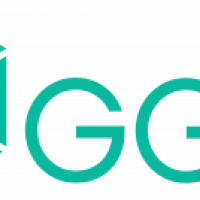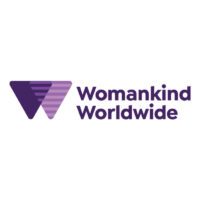Provide guidance and support in coordinating the delivery and evaluation of learning and capacity-development activities in the context of health emergencies.
Background
The mission of WHO’s Health Emergencies Programme (The Programme) is to build the capacity of Member States to manage health emergency risks and, when national capacities are overwhelmed, to lead and coordinate the international health response to contain outbreaks and to provide effective relief and recovery to affected populations.
The Learning and Capacity Development unit (LCD) in the Executive Director’s (EXD) Office seeks to provide a learning environment for WHO staff and partners in which they can share and acquire health emergency-specific knowledge, skills and competencies. In addition, LCD is nurturing a learning ecosystem
that involves a wide range of stakeholders and that facilitates resilience of national and local systems, supports preparedness capacity development, and enables emergency learning for staff, response partners and frontline responders, facilitating a safe, efficient and effective response. The immediate strategic objectives of LCD are:
To provide a strategic and operational framework in which WHE-related learning can evolve.
To foster a learning ecosystem through partnerships with a wide array of learning stakeholders, and through broad agreement on standards and competencies, and through shared content and structures for learning.
To develop and maintain an arsenal of learning tools and resources, including technology-enhanced learning through open-access online learning, virtual classrooms and experiences, or simulation exercises; and
To facilitate the development and piloting of Flagship Trainings, i.e. training that are of crucial importance to achieving the overall goal of WHE in the area of learning and capacity development, which is the constitution of a Global Health Emergency Workforce.
Deliverables
Provide capacity-building and project coordination expertise to deliver learning activities in support of the LCD objectives.
Identify and help implement strategies to increase learning transfer of WHE online, hybrid and face-to-face courses and application of learned skills within local contexts.
Identify and implement optimal mechanisms for outreach to health care professionals and other stakeholders working in health emergencies
Develop curriculum and produce course materials for online and face-to-face capacity-development activities for the WHO Health Emergencies programme.
Poduce new knowledge resources on health emergencies based on evolving technical guidance.
Check online materials to ensure full alignment with WHO’s latest technical guidance and recoAnalyse user feedback on existing learning materials and address any misunderstanding and frequently asked questions through course material revision in consultation with subject-matter experts.
Reporting and evaluation of health emergency learning activities.
Define key indicators and methodologies for assessing impact across the unit’s learning activities, ensuring alignment with WHO guidelines and standards.
Design surveys to assess the impact of the learning initiatives among WHO personnel and partners working in health emergencies.
Analyze data to identify trends, insights, and areas for improvement.
Prepare a comprehensive report summarizing the findings and outlining feedback and recommendations for further action.
Qualifications, experience, skills and languages
Educational Qualifications
Essential:
Minimum first university degree in Sciences, Social Sciences, Management, Public Health or a related field relevant to the position.
Desirable:
An advanced university degree or complementary education degree, qualification or training in a second of the above-mentioned fields.
Experience
Essential:
Between 5 to 10 years of professional experience in the area of capacity-building through training and exercises.
Demonstrated experience in project management.
Experience working at the international level.
Extensive experience working within a multicultural and multidisciplinary environment.
Desirable:
Experience in visual design.
Experience working with a United Nations agency
Skills/Knowledge
Essential:
Very strong project coordination skills
Strong organizational skills
Attention to detail
Good analytical skills
Excellent writing/editing skills, good communicator
IT savvy
Ability to coordinate writing of official documents with various stakeholders
Self-motivated
Capacity to produce at short notice and against tight deadline
Ability to work in multicultural teams
Sound knowledge of Microsoft Office Suite including Word, Excel, PowerPoint and Outlook
Desirable:
Proven knowledge and skills in WHO health emergencies learning.
Languages and level required
Essential:
Expert knowledge of English
Desirable:
Intermediate knowledge of other UN languages











